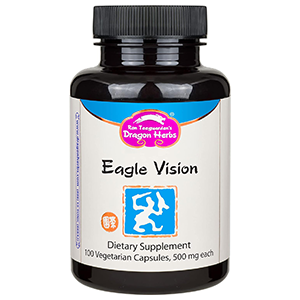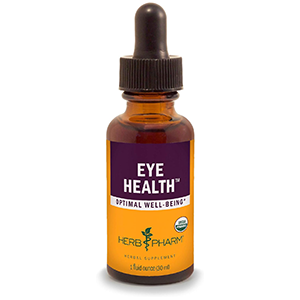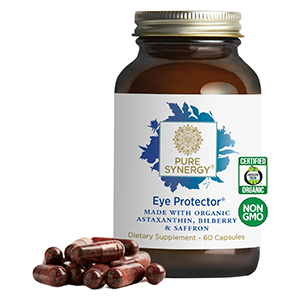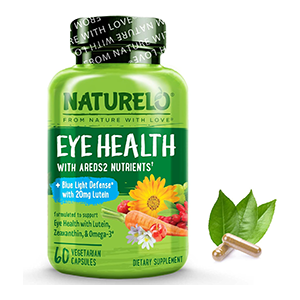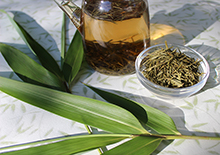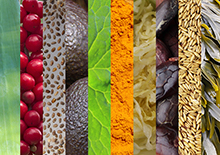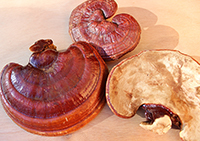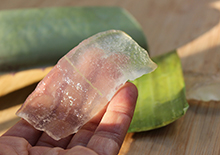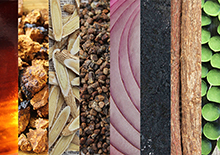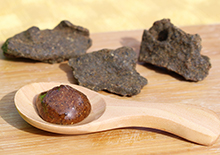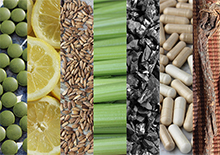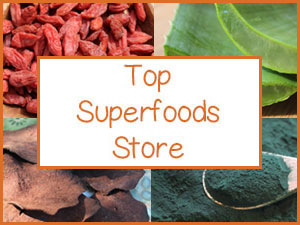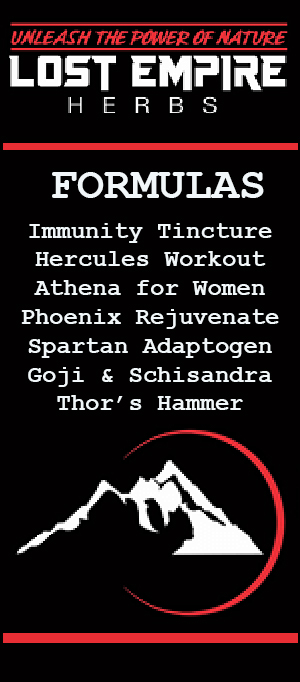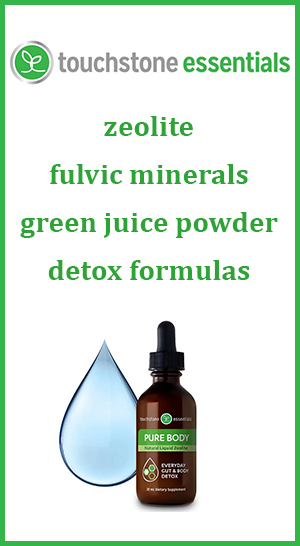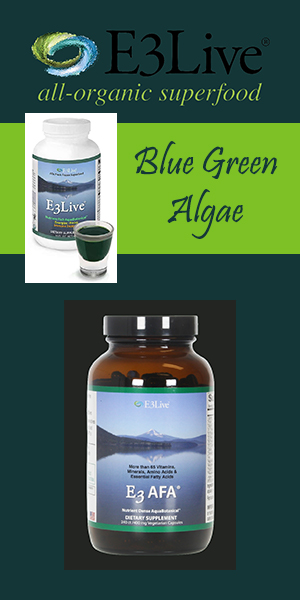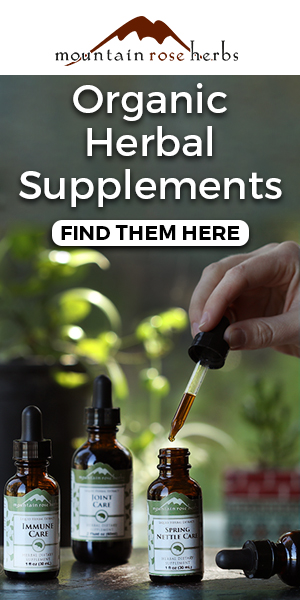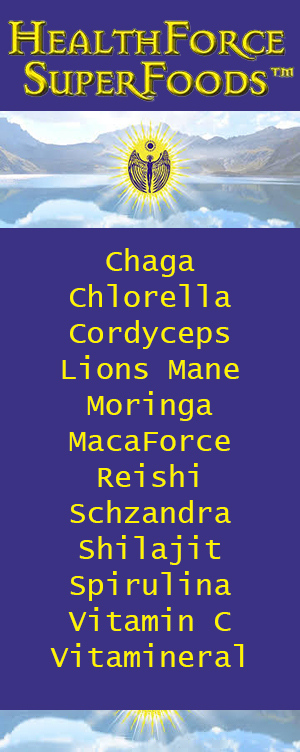- Home
- Top Superfoods
- Superfoods for the Eyes
12 Superfoods for the Eyes, How to Improve Eyesight with Nutrition
Carrots | Ginkgo | Bilberry | Milk Thistle | Chrysanthemum | Avocado Oil | Goji | Matcha | Turmeric | Collards | Pumpkin Seeds | Omega-3 | Precautions | Shop
This is our list of superfoods that support healthy eyesight.
1) Carrot Juice
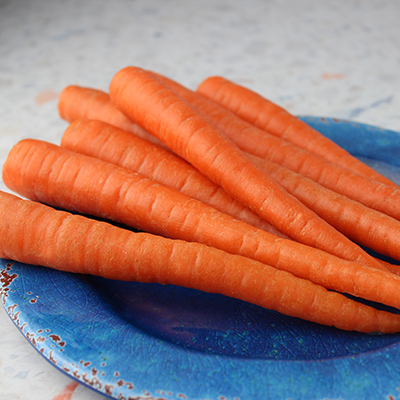
We'll start off with one of the most popular foods to add to a nutritional eye care routine, carrots and especially their concentrated juice.
Carrots are one of the highest plant-based food sources of provitamin A known as BETA-CAROTENE, which converts to retinol or vitamin A in the body.
It is the dominant pigment responsible for its bright orange color and beneficial for protecting one's vision.
Table of Contents
Carrots | Ginkgo | Bilberry | Milk Thistle | Chrysanthemum | Avocado Oil | Goji | Matcha | Turmeric | Collards | Pumpkin Seeds | Omega-3 | Precautions | Shop
As aligned with the Doctrine of Signatures, carrot roots closely resemble the human eye when sliced.
Because vitamin A is fat-soluble, consuming a small amount of healthy fat when eating carrots or drinking carrot juice can increase the absorption of this nutrient.
Carrot juice is likewise a good dietary source of the eye-nourishing xanthophyll carotenoids: LUTEIN and ZEAXANTHIN, two components that form the macula in the eye and help to protect the eyes from sun damage.
2) Ginkgo
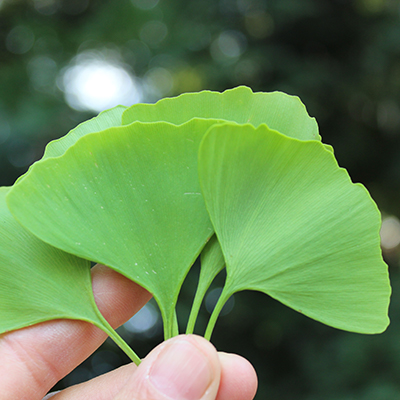
Ginkgo biloba contains terpene lactones, like GINKGOLIDES and BILOBALIDES as well as flavonoid glycosides, like myricetin and quercetin.
These are the main antioxidants that are not only supportive for the brain, cognition and memory but also for the retina of the eye. Dietary supplementation can be suitable for those who spend many hours staring at a computer screen.
Generally taken as a standardized extract or concentrated tincture, ginkgo supports circulation and blood flow, useful for delivering nutrients to the back of the eyes. It has been reviewed as a potentially helpful herbal ally for certain vision disorders like glaucoma.
3) Bilberry
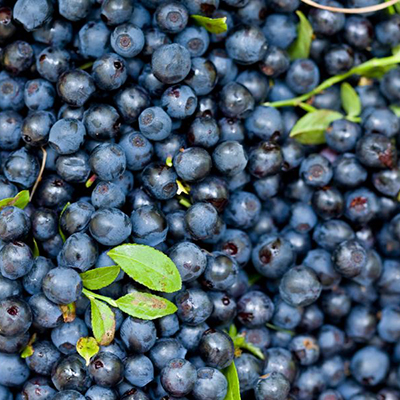
Bilberries (Vaccinium myrtillus) are a condensed source of two nutritive eye compounds ANTHOCYANINS and VITAMIN C. The fruit has a long history as a folk remedy for common eye issues, especially age and diabetes-related vision loss. (*)
Bilberry is top on the list of foods rich in anthocyanins which are therapeutic helpers (*) for maintaining clear eyesight and protecting the lens from free radical damage.
You can find bilberries as a dried fruit or as extracts from online suppliers. Most concentrated supplements indicate the percentage of anthocyanin per serving on product labels. Acai, maqui and simple fruits like blueberries or blackberries are also anthocyanin-rich.
In addition, vitamin C is scientifically believed to play a neuroprotective role when it comes to the human eye. Aside from bilberries, citrus fruits as well as other super fruits such as camu camu, acerola, amalaki and kakadu plum are especially high in this essential eye nutrient.
4) Milk Thistle Seed
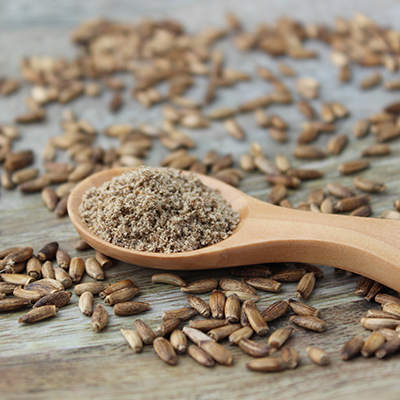
One of the things that many herbalists know about the eyes is their correlation to the liver organ. Using cooling liver herbs that support detox processes can indirectly help to clear the eyes of heat and redness.
Milk thistle seed powders or supplement extracts are a convenient way to help to do just that. The seeds are composed of flavonolignans, collectively known as SILYMARIN, the main hepaprotective and cleansing components.
Something to also consider is that a vitamin A deficiency is linked with insufficient bile flow indicating the need for maintaining proper gall bladder and liver functions for adequate absorption of this eye nutrient. Milk thistle seed is a CHOLAGOGUE or herbal substance that stimulates the production of bile.
Other cleansing herbal options may include dandelion root, gentian, burdock and bitter green herbs like dandelion or chicory.
5) Chrysanthemum
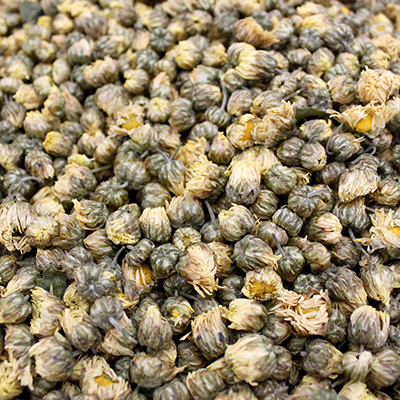
Chrysanthemum flowers have long been utilized as a vision tonic in Chinese herbalism.
This is using the Chrysanthemum x morifolium species of yellow or white flowers or sometimes the "snow chrysanthemum".
Sipping tea infusions is known to be "cooling to the eyes", helping to relieve digital eye strain and decrease redness while simultaneously moistening the eyes.
Chrysanthemum flowers
are traditionally utilized with lycium berries or goji when preparing an eye-support tea.
6) Avocado Oil
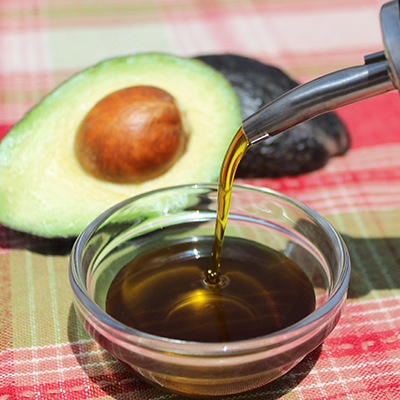
As far as dietary fats go, avocado oil or avocados themselves contain one major beneficial nutrient for healthy eyes, VITAMIN E. Vitamin E acts as an antioxidant, present in the form of a-tocopherol.
In addition, avocados and their concentrated oils are full of green and yellow pigments: CHLOROPHYLL and XANTHOPHYLL CAROTENOIDS.
Interestingly, in some research, it was reported that eating avocado oil with a meal can boost the absorption of carotenoids because they are dependent on fat for proper dietary uptake.
7) Goji Berries
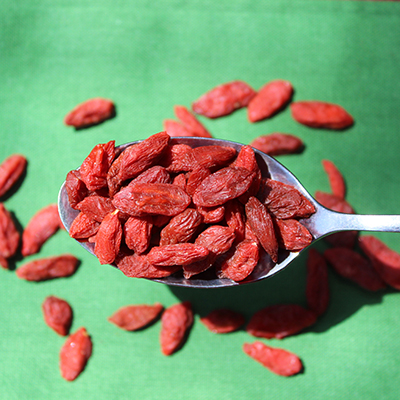
As we discussed in our Major Chinese Tonic Herbs video, goji is comprised of eye-nourishing CAROTENOIDS, like beta-carotene, zeaxanthin, lutein and lycopene, and is also a good source of VITAMIN C.
Lyciium barbarum can likewise support the health of the eyes as both a liver and blood tonic. Usually brewed as a tea, goji is said to brighten the eyesight and strengthen one's range of vision.
8) Matcha
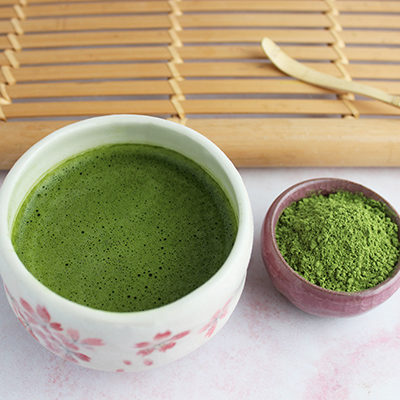
When it comes to maintaining healthy eyes and reducing the risk of age-related vision loss, antioxidants are your best friend with ocular benefits.
Both green tea and/or matcha may be a great dietary adjunct to help you get more of these all-important nutrients. Matcha tea, a powdered whole-leaf green tea, is especially higher in overall antioxidants.
The dense leaves used to make green tea are packed with unique polyphenol CATECHINS, like EPIGALLOCATECHIN GALLATE (or Epigallocatechin-3-Gallate) also called EGCG.
Because the eyes are very vulnerable to oxidative stress, is it ever so necessary to bring in the team of free radical scavenger backups. Matcha or green tea can be part of this protocol.
9) Turmeric
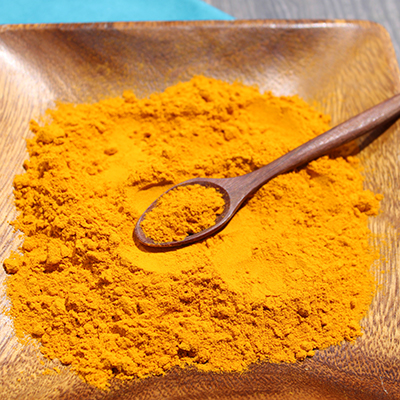
Turmeric is a type of spice powder that's easy to incorporate into recipes and meals as part of a holistic eye care regime. That's because it checks many boxes in this department.
As an anti-inflammatory agent turmeric root has great therapeutic potential for eye strain as well as contains the well-known antioxidant called CURCUMIN. This main compound, along with the root's high CAROTENOID pigment content, makes it a perfect eye-supporting spice or supplement to add to one's diet.
Curcumin has been researched for its nutraceutical uses for various eye issues.
10) Collard Greens
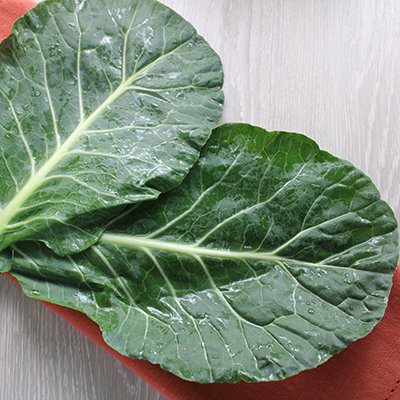
Leafy green vegetables, like collard greens, contain the eye-nourishing xanthophylls, LUTEIN and ZEAXANTHIN. These are the pigments present in all plant leaves and microalgaes that exist to modulate light energy.
As mentioned, they are also present in the retina of the eye itself which requires nourishment from foods in the human diet.
Collard greens and other dark leafy greens are one of the top sources, along with spirulina and egg yolks, for nutritional fortification. Greens and their chlorophyll component also provide cleansing actions helpful for liver function and its connection to eye health.
11) Pumpkin Seeds
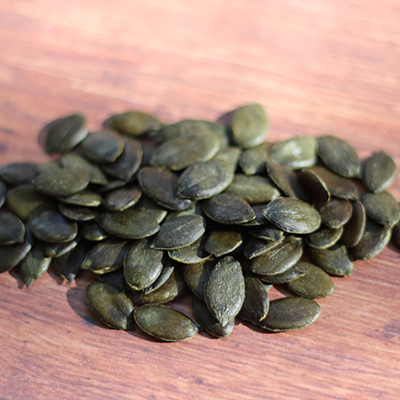
One of the needed minerals for maintaining good vision is ZINC. So including foods rich in this nutrient will ensure the eyes are properly nourished.
Pumpkin seeds, especially the Austrian variety, are very high in zinc as are hemp seeds and oysters.
Pumpkin seeds are composed of small amounts of beta-carotene but also contain the anti-inflammatory antioxidant triterpenes known as CUCURBITIN and CUCURBITACIN E.
12) Omega-3 DHA Fatty Acids
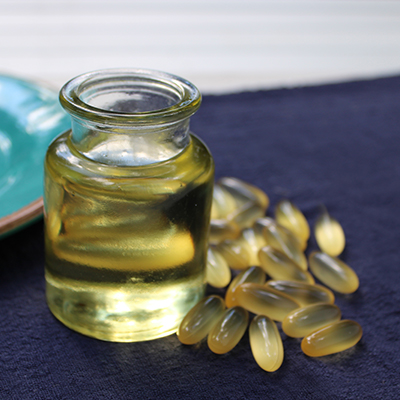
DHA is Docosahexaenoic acid is an omega-3 fatty acid that plays a vital role in the functioning of not only the human brain but also the eyesight. It is a component present in brain phospholipids and within the eye retina.
Both the brain and retina rely on the intake of DHA for proper functioning. Dietary DHA-rich foods, like salmon, sardines, marine algae oil or fish oil, help to provide nutritional support to the many membranes present in the outer portion of the retinal photoreceptor cell.
Omega-3 fatty acids have likewise been reported as useful for managing dry eyes in some research.
Precautions:
It is best to consult a qualified health professional to tailor a nutritional program for specific eye-related issues. Some of these foods and herbs are not appropriate to take when pregnant, nursing, or if you're taking any medications or have a serious health condition.
Shop Related Products (About Affiliates & Amazon Associate Paid Links)
Affiliate Disclaimer: This section contains affiliate product links. If you make a purchase through our recommended links, we receive a small commission at no additional cost to you. Thanks for the support.
Our YouTube Video

